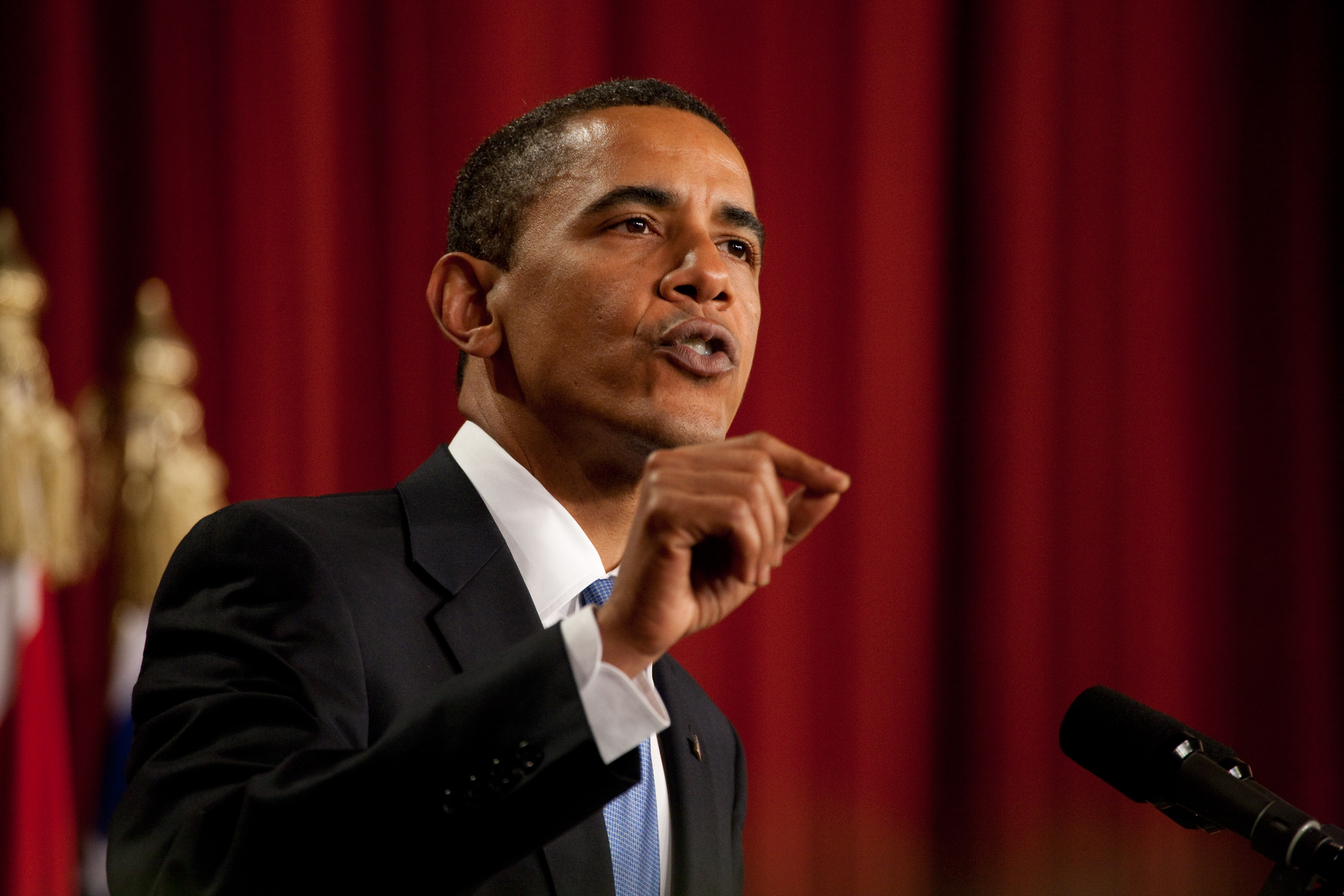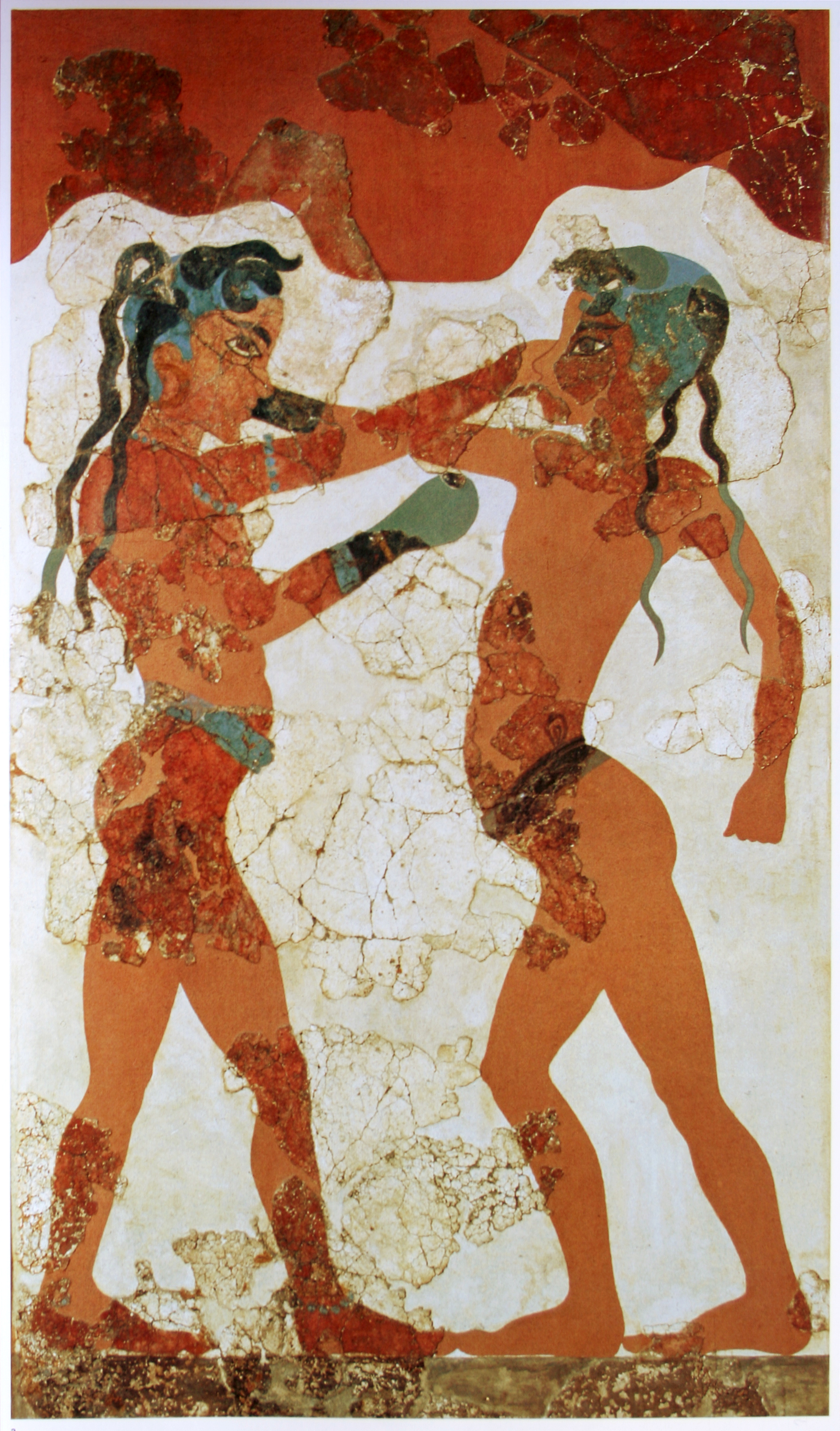I get more than a little uneasy when I hear people talk about the "good old days" and even more so when I hear Donald Trump saying he will "make America great again". Why does his rhetoric depress me? Because I am less than four years younger than him. I knew the times he is referring to. In many, many ways they weren't so great.

Above is a 2005 picture of the 16th Street Baptist in Birmingham, Alabama. Back in 1963, it saw a time in which it looked very different. In September of that year, four Ku Klux Klan members planted a bomb under the steps going into the church and when it exploded, it caused the deaths of four little black girls. It took ten years and more before the case against these men was put together and even then one of them never did any time, though the other three were eventually given life sentences. The event probably was the one that led to the shift in public opinion among white Americans and thus to the passage of the Civil Rights Act in 1964. Even many white people in the South began to turn against the Klan. It had gone too far; the event was just too horrible.
The whole struggle to improve the lot of African-Americans grew the most heated in the 60's that it probably ever became, though present times are threatening to reach similar levels of hate and violence if the trends continue.
And let us not forget the war in Vietnam, which nearly tore the US in half. It pitted generation against generation and got young people who protested the clandestine, criminal actions of their government killed at Kent State University and then ten days later at Jackson State University in Mississippi.
And there were ugly things going on in other parts of the world as well. Canada, my country, had its residential schools for native kids. The kids were taken from their parents and placed, almost always against the will of both themselves and their parents, into government or church run schools where they lived in residences and were given their white overlords' idea of a "good education". They learned nothing of their own cultures and were whipped in many cases for even speaking their own languages. The kids who emerged from these schools were scarred for lifetimes and were often all but useless as parents to their own kids a few years later as they had seen so little of what loving parenting looks like.

More generally, kids were whipped or strapped routinely in the public and private schools all over the West and even more so at home. It's horrifying when seen from our perspective today. We know physical abuse makes everything worse - for kids, parents, and society over the long haul. The evidence is unequivocal. But in those times, corporal punishment was just life.
Millions of women were beaten by drunken husbands. Some in and out of emergency wards every few weeks.
If I was walking through my neighborhood in the middle of the day, I sometimes heard these kids being whipped or women being beaten. But no one in the neighborhood said a thing. It was always generally seen as that family's business and others stayed out of it.
In addition, let us not forget what lay beneath these rivers of abuse. Every neighborhood had men and plenty of them who had gone off to World War Two a few years before - as teenagers, in many cases - seen and done terrible things, and come home to supposedly return to normal, civilian life. They were carrying deep psychological traumas. Many became alcoholics. They were emotional cripples and basically a mess.
.jpg)
I lived and grew up in a working class neighborhood in Edmonton, Canada in the 1950's and 60's. I do not speak of those days with longing. We had all of the above circumstances hanging over us. We also lived in hourly fear, especially in Edmonton (which we were told was number 4 on the Russians list of targets) of nuclear holocaust. We did drills at school. At thirteen, I went through a time during which I lay awake and listened to sirens, trying to decide whether they were air raid ones, so scared my teeth would chatter.

The good old days were not good.
The past really only has one thing going for it that the future does not: we survived the past. The future ...who knows? And while this has always been true, it's also true that the future is looking scarier and scarier again these days. Ecosystem failure on a planetary scale is staring us in the face.
People's looking back longingly to their past in such times is a well-known phenomenon to social scientists. But nostalgia is all poppycock and always has been. The rosy past these people long for never existed anywhere except in their imaginations.
I'll say it again to close: the good old days were not so good. Take it from one who lived them.
So quit sighing over the past and instead have a nice evening right now. Love the ones you love and let them know it. While you can.
Above is a 2005 picture of the 16th Street Baptist in Birmingham, Alabama. Back in 1963, it saw a time in which it looked very different. In September of that year, four Ku Klux Klan members planted a bomb under the steps going into the church and when it exploded, it caused the deaths of four little black girls. It took ten years and more before the case against these men was put together and even then one of them never did any time, though the other three were eventually given life sentences. The event probably was the one that led to the shift in public opinion among white Americans and thus to the passage of the Civil Rights Act in 1964. Even many white people in the South began to turn against the Klan. It had gone too far; the event was just too horrible.
The whole struggle to improve the lot of African-Americans grew the most heated in the 60's that it probably ever became, though present times are threatening to reach similar levels of hate and violence if the trends continue.
And let us not forget the war in Vietnam, which nearly tore the US in half. It pitted generation against generation and got young people who protested the clandestine, criminal actions of their government killed at Kent State University and then ten days later at Jackson State University in Mississippi.
And there were ugly things going on in other parts of the world as well. Canada, my country, had its residential schools for native kids. The kids were taken from their parents and placed, almost always against the will of both themselves and their parents, into government or church run schools where they lived in residences and were given their white overlords' idea of a "good education". They learned nothing of their own cultures and were whipped in many cases for even speaking their own languages. The kids who emerged from these schools were scarred for lifetimes and were often all but useless as parents to their own kids a few years later as they had seen so little of what loving parenting looks like.

More generally, kids were whipped or strapped routinely in the public and private schools all over the West and even more so at home. It's horrifying when seen from our perspective today. We know physical abuse makes everything worse - for kids, parents, and society over the long haul. The evidence is unequivocal. But in those times, corporal punishment was just life.
Millions of women were beaten by drunken husbands. Some in and out of emergency wards every few weeks.
If I was walking through my neighborhood in the middle of the day, I sometimes heard these kids being whipped or women being beaten. But no one in the neighborhood said a thing. It was always generally seen as that family's business and others stayed out of it.
In addition, let us not forget what lay beneath these rivers of abuse. Every neighborhood had men and plenty of them who had gone off to World War Two a few years before - as teenagers, in many cases - seen and done terrible things, and come home to supposedly return to normal, civilian life. They were carrying deep psychological traumas. Many became alcoholics. They were emotional cripples and basically a mess.
.jpg)
I lived and grew up in a working class neighborhood in Edmonton, Canada in the 1950's and 60's. I do not speak of those days with longing. We had all of the above circumstances hanging over us. We also lived in hourly fear, especially in Edmonton (which we were told was number 4 on the Russians list of targets) of nuclear holocaust. We did drills at school. At thirteen, I went through a time during which I lay awake and listened to sirens, trying to decide whether they were air raid ones, so scared my teeth would chatter.

The good old days were not good.
The past really only has one thing going for it that the future does not: we survived the past. The future ...who knows? And while this has always been true, it's also true that the future is looking scarier and scarier again these days. Ecosystem failure on a planetary scale is staring us in the face.
People's looking back longingly to their past in such times is a well-known phenomenon to social scientists. But nostalgia is all poppycock and always has been. The rosy past these people long for never existed anywhere except in their imaginations.
I'll say it again to close: the good old days were not so good. Take it from one who lived them.
So quit sighing over the past and instead have a nice evening right now. Love the ones you love and let them know it. While you can.



_(Art._IWM_LD_2850).jpg)
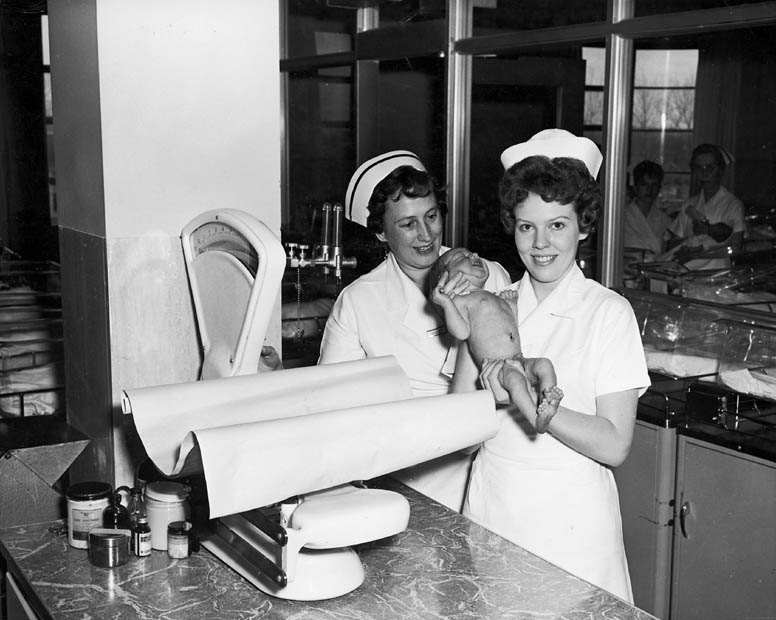



_-_THE_NOBEL_PEACE_PRIZE_LAUREATES_FOR_1994_IN_OSLO..jpg)


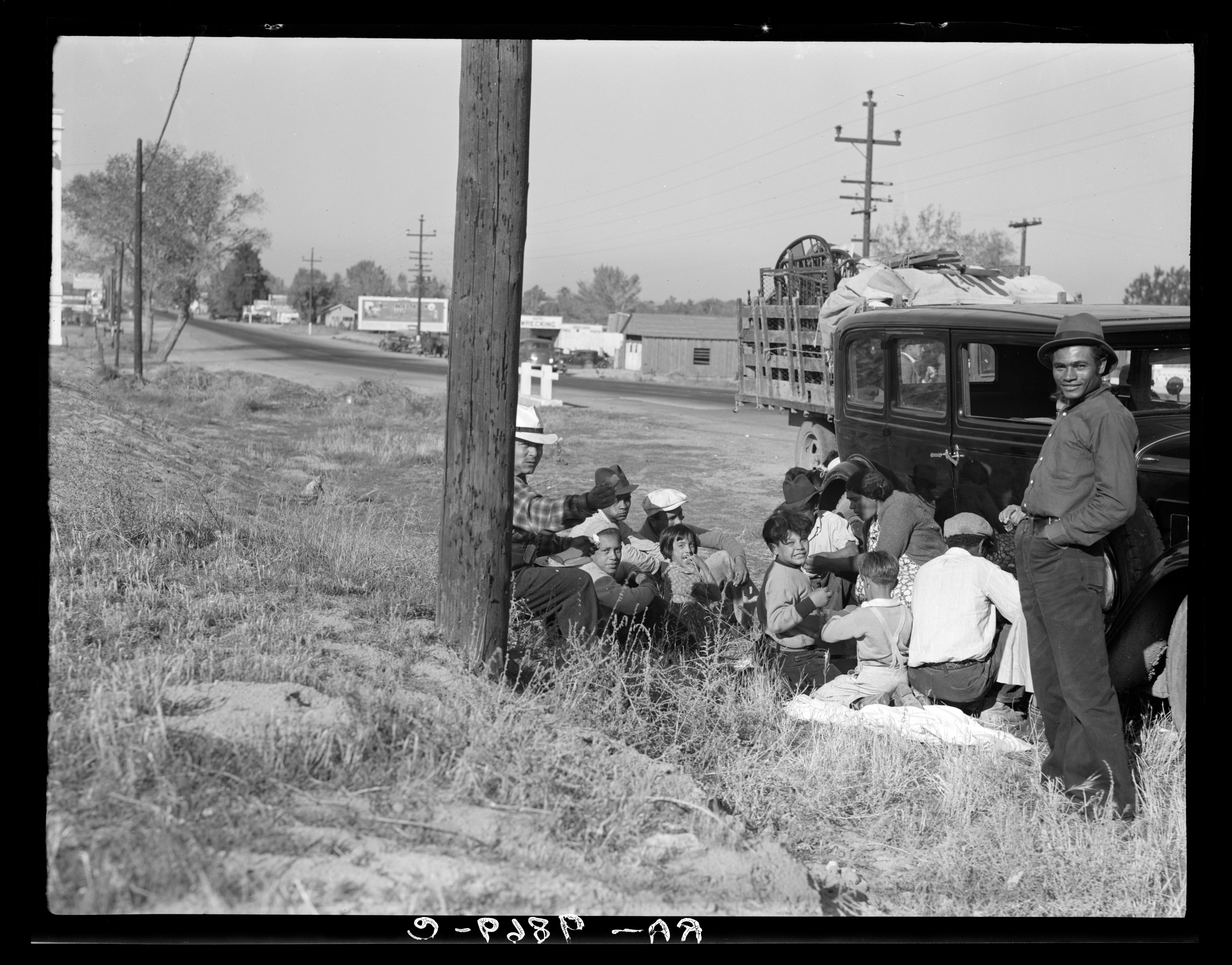

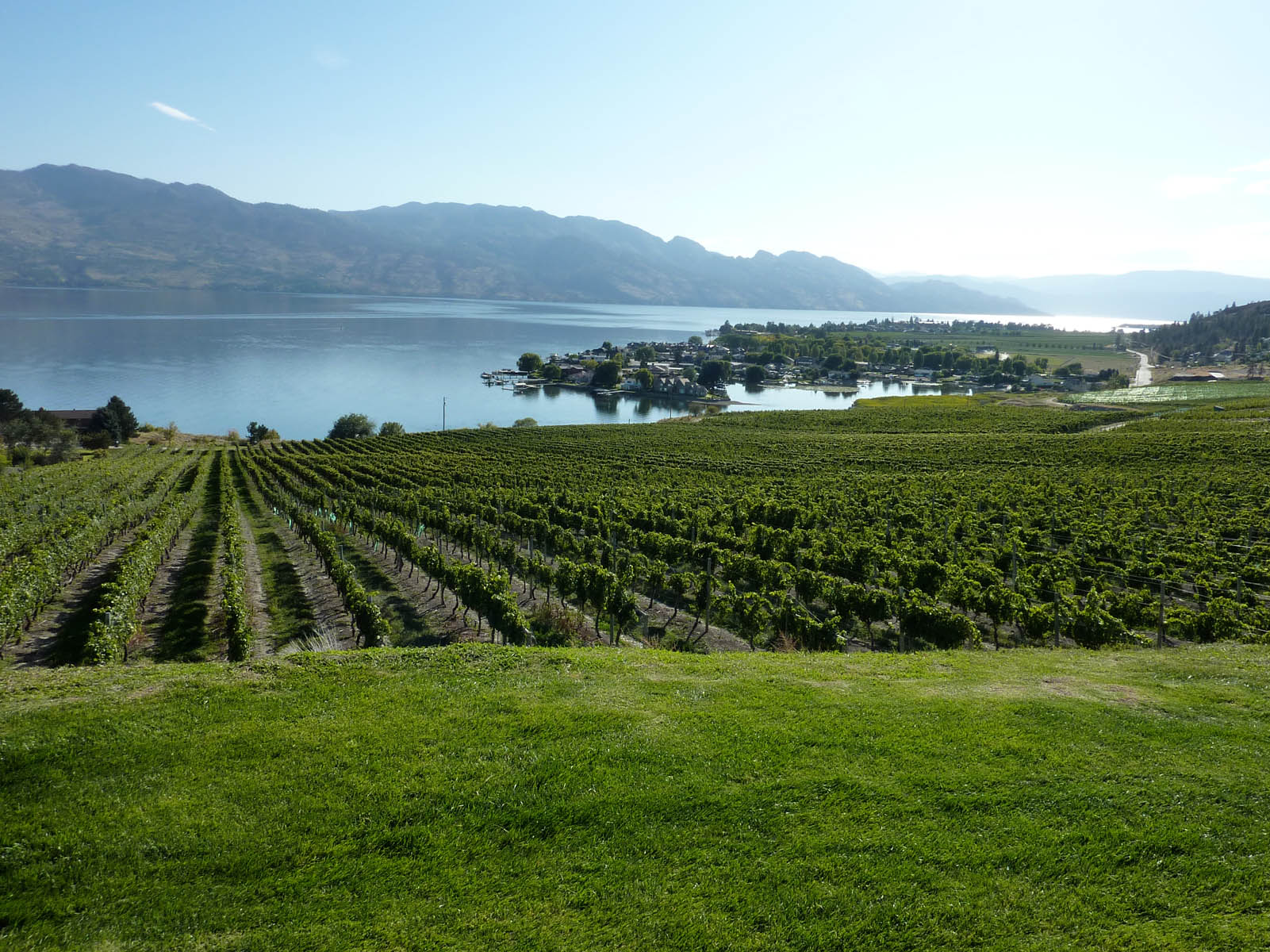




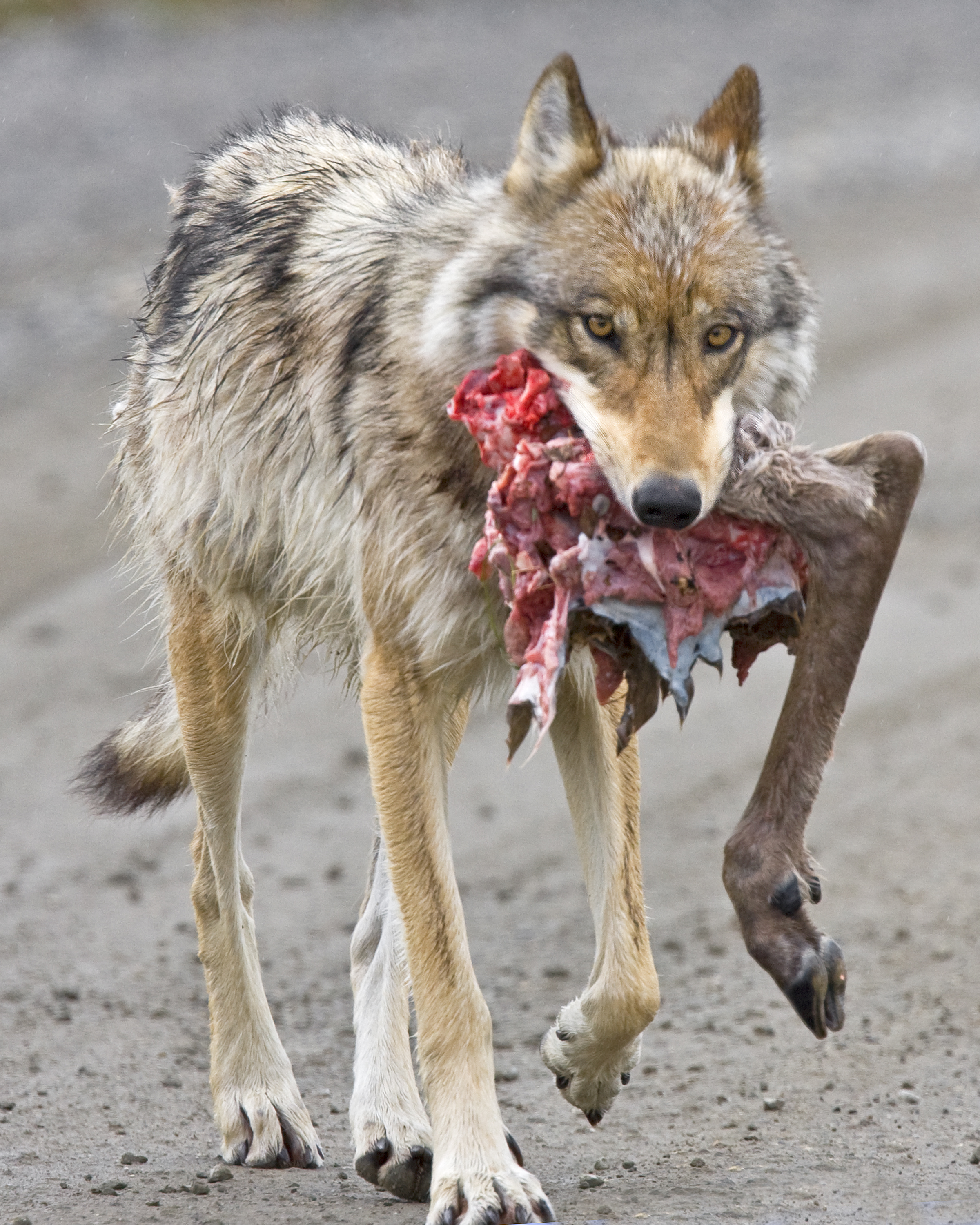
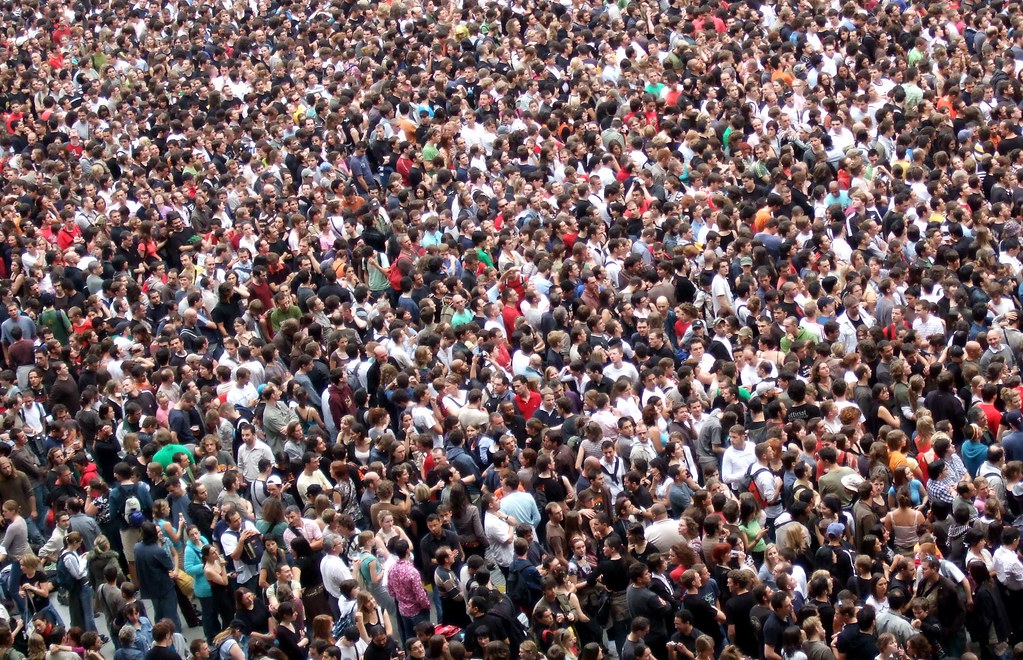


.jpg)





